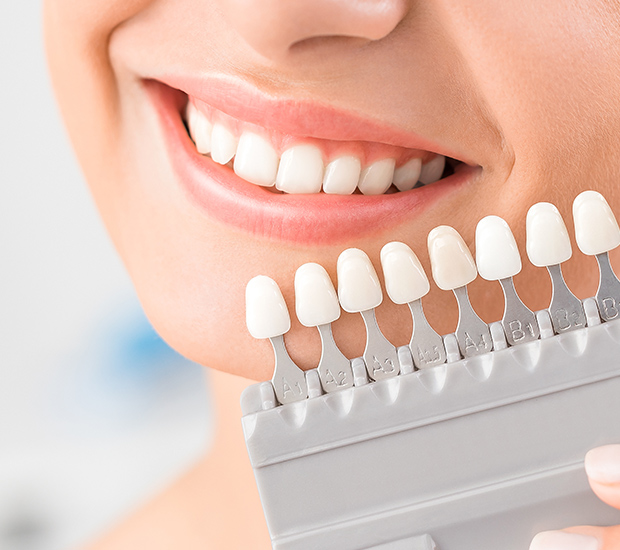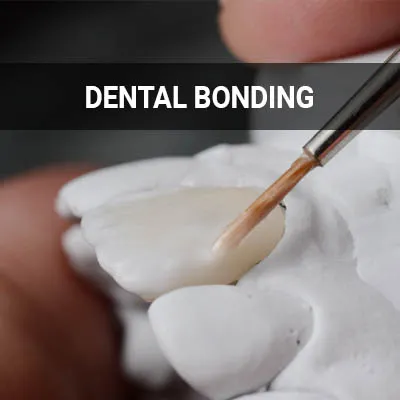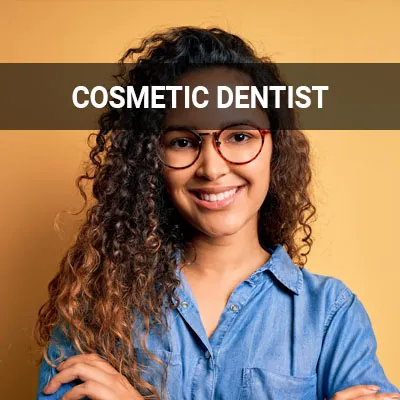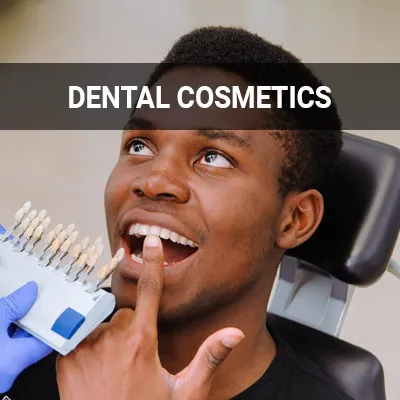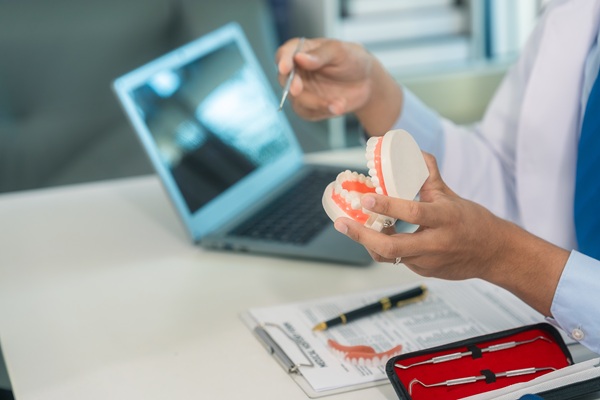Dental Veneers and Dental Laminates Alpharetta, GA
A smile is a universal greeting of joy and friendliness. If you want to improve your smile, there are many options, including whitening, bonding, and veneers. Dental veneers, also called dental laminates, are thin overlays made of porcelain or composite resin that improve the appearance of teeth.
Dental veneers are available at Windward Parkway Dentistry in Alpharetta the surrounding area. We carefully consider each patient's dental history, oral health, and esthetic aspirations before recommending veneers. If a patient wants veneers and is a candidate, we discuss the options and work together to create a treatment plan.
Getting veneers is a straightforward procedure that can make a world of difference in your smile. We cannot wait to work with you and get you the smile you have always wanted. Call us today at (770) 814-6224 to schedule your evaluation appointment.
Top Reasons People Choose Dental Veneers
Dental veneers can instantly improve a person's smile. From small cosmetic issues, such as white spots on the teeth, to more significant problems, such as broken teeth or wide gaps, veneers can hide a lot. Therefore, many people opt for veneers instead of orthodontics or crowns, especially if they only have a few teeth that need treatment.
Some people also choose laminates to get a whiter smile, especially if their teeth have significant, irreversible staining, like the kind people get from tetracycline exposure. The American College of Prosthodontists explains that people with extensive tooth decay should not consider getting veneers until after removing the decay. People who grind their teeth (a condition known as bruxism) should discuss this with their dentist first. Although teeth grinding can damage veneers, mouthguards can be worn at night to protect them.
“From small cosmetic issues, such as white spots on the teeth, to more significant problems, such as broken teeth or wide gaps, veneers can hide a lot.”
Choosing Between Different Types of Dental Veneers
Although there are many ways to improve the appearance of a person's smile, there are only two basic types of veneers:
Porcelain Veneers
Porcelain veneers (sometimes called indirect veneers) are usually made in a lab, although some dentists have the skills and technology to make them in the office. They are very strong, especially after bonding to the teeth, and they do not stain easily. A considerable amount of preparation is required before porcelain veneers can bond to the teeth. For example, it may be necessary to reshape the teeth by removing some of the enamel. This is to ensure that the laminates can adequately bond to the teeth and to avoid having the teeth look too big once the veneers are in place.
Many patients experience sensitivity after having their teeth altered in this way, but it goes away over time. A study published in the journal Clinical Oral Investigations even found that porcelain veneers could be bonded to existing composite restorations without apparent disadvantages. If porcelain veneers are created in a lab, the patient has to wait for them to be made and return at a later date to have them put on.
Composite Resin Veneers
Composite resin veneers (sometimes called direct veneers) can be done in one appointment because they are created directly on the patient's teeth. The tooth preparation for composites is less invasive than for porcelain. Whereas enamel is removed to make room for porcelain veneers, it only needs to be texturized a little for composite resin veneers to adhere correctly.
Applying composite resin veneers is an art form. The dentist applies thin layers of resin to the tooth and uses a special light to cure each layer before applying the next one. When enough layers are built up, Windward Parkway Dentistry sculpts the resin to match the teeth. The result is better-looking teeth, and no one can tell they are not natural.
A study published in the Open Access Macedonian Journal of Medical Sciences concluded that porcelain veneers have excellent longevity and esthetic properties, but that composites are a good alternative. The drawback of composites is that they do not last as long. On the other hand, if a patient's teeth are healthy, they may not want to have them permanently altered to make way for porcelain veneers, and composites may be the way to go. Ultimately, it is up to the patient and practitioner to decide together.
“Although there are many ways to improve the appearance of a person’s smile, there are only two basic types of veneers.”
Placing Dental Veneers
To place porcelain veneers, the cosmetic dentist must remove enamel from the tooth's surface so the thin shell can adhere to it. A dental lab technician then creates custom veneers with teeth molds and color-matches them to the patient's teeth. Then the shells are bonded to the patient's teeth using special dental cement.
For composite resin veneers, we remove the tooth enamel first. The composite resin, which matches the natural enamel, covers and reshapes the teeth to improve the appearance. After, a special light seals the resin to the underlying teeth. Finally, we file the veneers to achieve a natural appearance.
“To place porcelain veneers, the cosmetic dentist must remove enamel from the tooth surface so the thin shell can adhere to the tooth.”
Check out what others are saying about our dental services on Yelp: Dental Veneers and Dental Laminates in Alpharetta, GA
Dental Veneer and Laminate Aftercare
The Canadian Dental Association explains that good dental hygiene is essential to maintain the appearance and function of new veneers. Brushing and flossing after meals and visiting the dentist for regular check-ups are critical aspects of proper maintenance. Skipping these steps can cause decay and cavities to develop between or under the veneer shells.
Veneers and laminates can also crack, break or loosen under pressure. Patients should avoid chewing hard candies, ice, or similar items. During the first few days after the procedure, patients should stick to soft foods and avoid consuming nuts, hard bread, popcorn, and seeds. Wearing a bite guard at night can help prevent grinding that may wear down veneers. Veneers are more prone to staining than laminates, so we also recommend patients avoid substances like tobacco, red wine, and coffee.
“Brushing and flossing after meals and visiting the dentist for regular check-ups are critical aspects of proper maintenance.”
Questions Answered on This Page
Q. How are dental veneers placed?
Q. What are the top reasons people choose dental veneers?
Q. How are laminate different from veneers?
Q. How does one care for dental veneers and laminates?
People Also Ask
Q. What are some cosmetic dentistry treatment options?
Q. How can cosmetic dentistry restore teeth?
Q. When should people seek an implant dentist?
Q. What are dental aesthetics?
Q. What are the benefits of cosmetic dental services?
Q. How can dental cosmetics improve oral health?
Q. What are some of the types of cosmetic dental treatments?
Frequently Asked Questions
Q. How long do dental veneers last?
A. With proper care, porcelain veneers can last 10 to 20 years. Composite veneers can last around four to eight years. Both types of veneers may need to be polished periodically to help maintain them.
Q. How much do dental laminates and veneers cost?
A. The cost of these procedures may vary. While laminates and veneers are not usually covered by insurance, financing is often available. People interested in this procedure should contact their insurance provider to learn more. Composite resin veneers cost less than porcelain, but they will have to be polished and replaced more often.
Q. Are dental veneers permanent?
A. Composite veneers are not permanent as patients can have the resin removed. However, porcelain cannot be removed. As the teeth are filed down to fit porcelain veneers, the patient will always need veneers or crowns.
Q. Can damaged dental veneers be fixed?
A. The porcelain in veneers can chip if damaged. A broken porcelain veneer can be repaired or remade. Resin veneers can also be remade to fix chips or cracks. In the case of a porcelain veneer falling off, a cosmetic dentist can reattach it.
Q. Is getting veneers painful?
A. Discomfort is rarely reported during the process of getting veneers. There are some who report sensitivity after the veneers have been placed. However, this fades with time.
Dental Terminology
Choose the Right Procedure for Your Needs
Dental laminates and veneers are great options for smile enhancement. Patients should consider different factors like personal needs and costs before making a decision. Our team at Windward Parkway Dentistry is here to answer your questions and help you choose the right procedure. Call us at (770) 814-6224 to schedule an appointment.
Helpful Related Links
- American Dental Association (ADA). Glossary of Dental Clinical Terms. 2024
- American Academy of Cosmetic Dentistry® (AACD). Home Page. 2024
- WebMD. WebMD’s Oral Care Guide. 2024
About our business and website security
- We accept the following payment methods: Cash, Check, Discover, MasterCard, and Visa
- We serve patients from the following counties: Fulton County
- We serve patients from the following cities: Alpharetta, Bethany Crossing, Herring Township, and Milton
- Norton Safe Web. View Details
- Trend Micro Site Safety Center. View Details
Back to top of Dental Veneers and Dental Laminates
